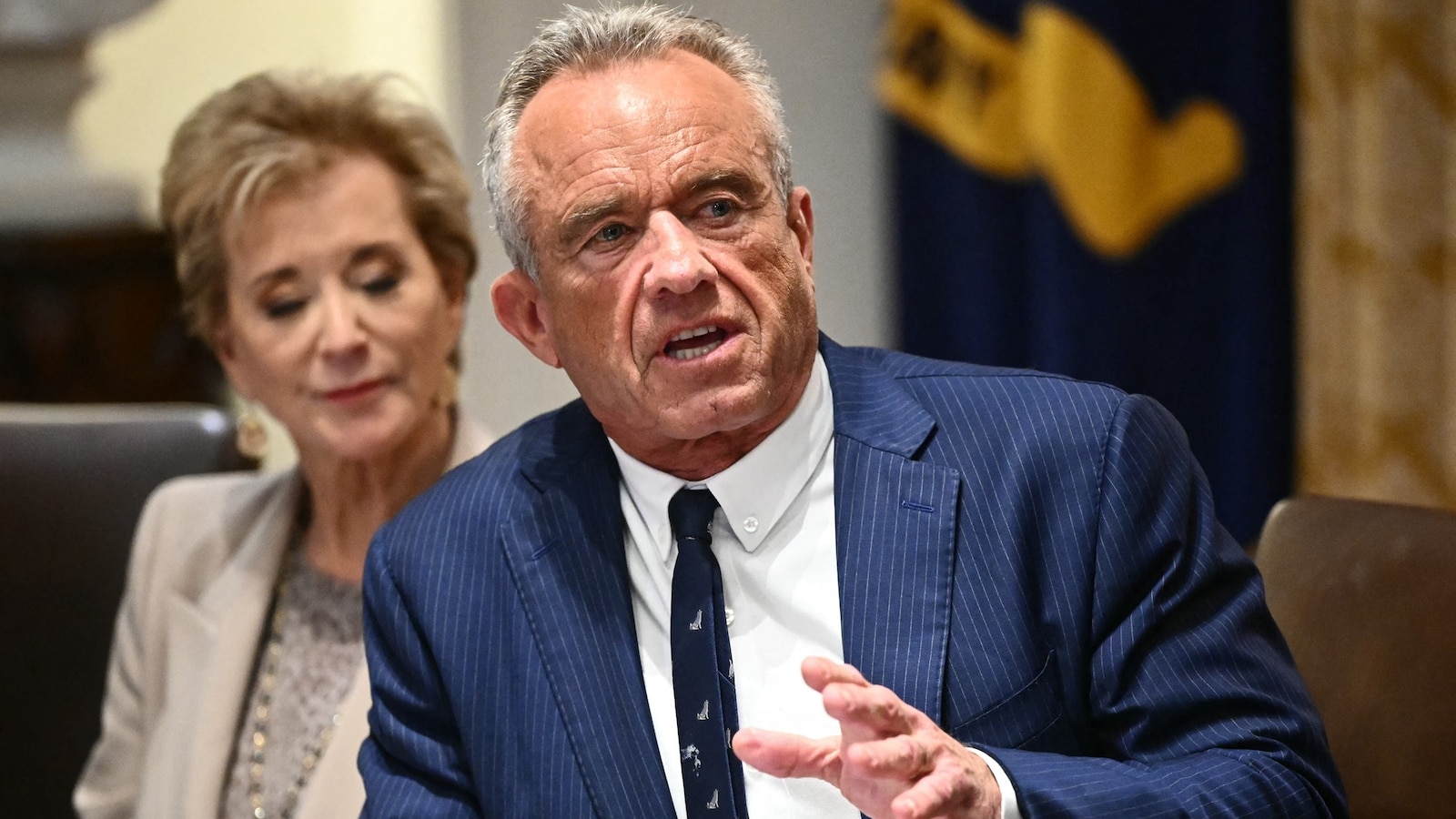Nine former directors of the Centers for Disease Control and Prevention (CDC), spanning administrations from Jimmy Carter to Donald Trump, have issued a scathing warning that U.S. Health and Human Services (HHS) Secretary Robert F. Kennedy Jr. is jeopardangering public health through his leadership decisions. Their concerns, detailed in a September 1, 2025, New York Times op-ed, center on Kennedy’s controversial policies and the recent firing of CDC Director Dr. Susan Monarez, which has sparked a crisis at the nation’s premier public health agency.
Key Allegations Against RFK Jr.
Dismantling Public Health Infrastructure
The former directors, including Dr. William Foege (1977–1983) and Dr. Mandy Cohen (2023–2025), accuse Kennedy of undermining America’s public health system through:
- Firing Thousands of Federal Health Workers: Kennedy’s mass layoffs have depleted critical expertise at the CDC and HHS, weakening the nation’s ability to respond to health emergencies.
- Replacing Advisory Committees: He dismissed all 17 members of the CDC’s Advisory Committee on Immunization Practices (ACIP), replacing them with vaccine skeptics, many of whom echo his views, risking science-based vaccine policy.
- Canceling Research Funding: Kennedy halted $500 million in federally funded mRNA vaccine research, a move critics say jeopardards progress against diseases like COVID-19.
- Promoting Unproven Treatments: During a 2025 measles outbreak, Kennedy pushed unverified remedies while downplaying vaccine efficacy, fueling public mistrust.
The Monarez Firing and Leadership Exodus
On August 27, 2025, Kennedy fired Dr. Susan Monarez, the CDC’s director, less than a month after her July 31 swearing-in, where he praised her “unimpeachable scientific credentials.” Sources report Monarez refused to endorse Kennedy’s unscientific vaccine policy changes or fire senior CDC staff, leading to her ouster. This triggered resignations from four top CDC officials, including Demetre Daskalakis, who revealed Kennedy never consulted CDC experts before making major health decisions. The directors called this “unlike anything our country has ever experienced,” warning of a “clear and present danger” to public health.
Misinformation and Violence
Kennedy’s rhetoric, including calling the CDC a “cesspool of corruption” and casting doubt on vaccine safety, has been linked to increased mistrust and violence. A deadly August 8, 2025, shooting at the CDC’s Atlanta headquarters, where 30-year-old Patrick Joseph White fired 500 rounds, killing a police officer, was motivated by anti-vaccine sentiment. Over 750 current and former HHS employees signed a letter accusing Kennedy of being “complicit in dismantling America’s public health infrastructure” and contributing to such violence by spreading misinformation.
Expert and Political Reactions
The former directors, representing both Republican and Democratic administrations, urged Congress to exercise oversight, calling Kennedy’s actions “unacceptable” and a threat to all Americans, especially rural and vulnerable communities. Senator Bernie Sanders, in a separate New York Times op-ed, demanded Kennedy’s resignation, arguing his policies endanger lives and contradict the “Make America Healthy Again” slogan. The American Public Health Association and Doctors for America echoed calls for Kennedy to step down or face a Senate investigation.
On X, sentiment is polarized. Supporters of Kennedy, like @MJTruthUltra, praise his push to expose vaccine risks, citing a Pfizer consultant’s claims about COVID vaccine harms. Critics, including @JReinerMD and @TheLancet, slam his anti-vaccine stance as “malevolent” and a “dangerous politicization” of public health.
Impact on U.S. Public Health and Policy
For Americans, Kennedy’s actions raise alarms about public health security. The CDC’s diminished capacity could impair responses to outbreaks, bioterrorism, or future pandemics, with rural areas and low-income groups most at risk. Economically, the loss of federal health workers and research funding could cost billions, disrupting healthcare systems and local economies reliant on CDC operations. Politically, the controversy intensifies debates over science in policymaking, a key issue as 2026 midterms approach, with public trust in institutions already strained.
The August 8 shooting, linked to vaccine distrust, underscores the real-world consequences of misinformation. Kennedy’s response—blaming past health officials for “not being honest” about vaccines—further eroded confidence, according to former CDC deputy director Dr. Anne Schuchat.
Kennedy’s Defense and Ongoing Controversy
Kennedy has defended his actions, claiming the CDC requires an overhaul to address “deeply embedded malaise.” His spokesperson stated he “stands firmly with CDC employees” to ensure their safety, but critics argue his policies contradict this. His history of vaccine skepticism, including debunked claims linking vaccines to autism, continues to shape his decisions, such as hiring vaccine skeptic David Geier to revisit autism data.
Looking Ahead: A Call for Accountability
The former directors and over 6,000 health professionals demand Kennedy stop spreading misinformation, affirm the CDC’s scientific integrity, and protect its workforce. With Monarez’s replacement, Jim O’Neill, named acting CDC director, the agency faces ongoing instability. The American Medical Association’s call for a Senate investigation and RSF’s ICC complaints signal mounting pressure for accountability.
As Kennedy’s upcoming Senate Finance Committee hearing looms, the question remains: will his leadership strengthen public health or further erode trust? For now, the CDC’s future—and American health—hangs in the balance.
